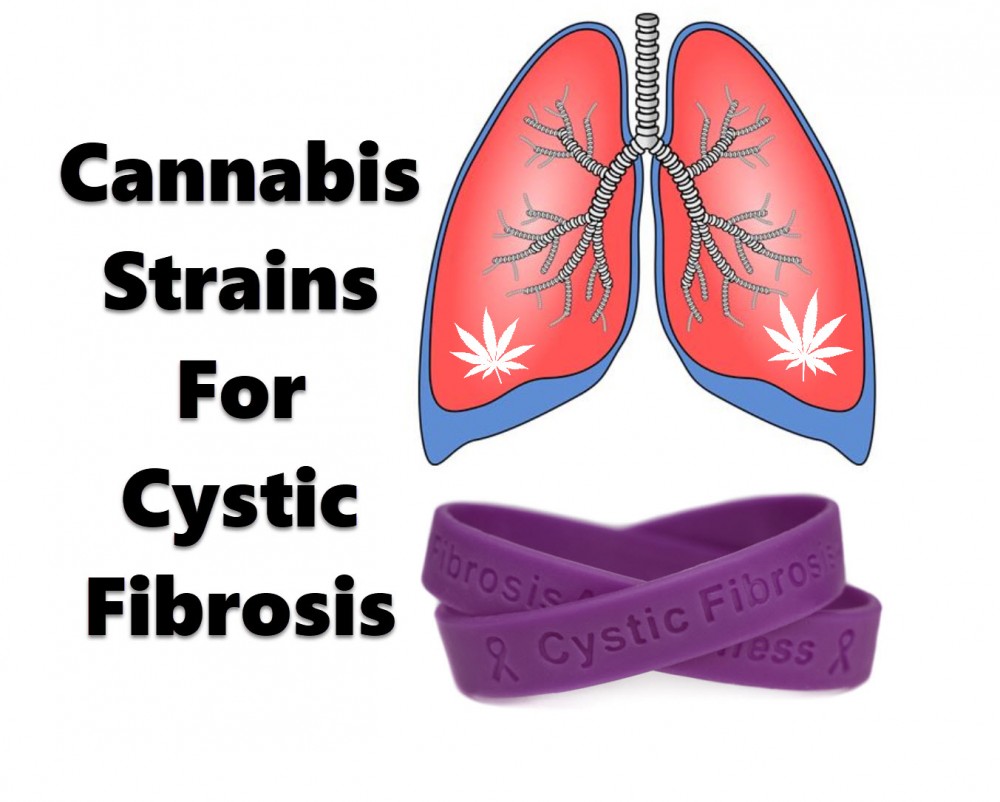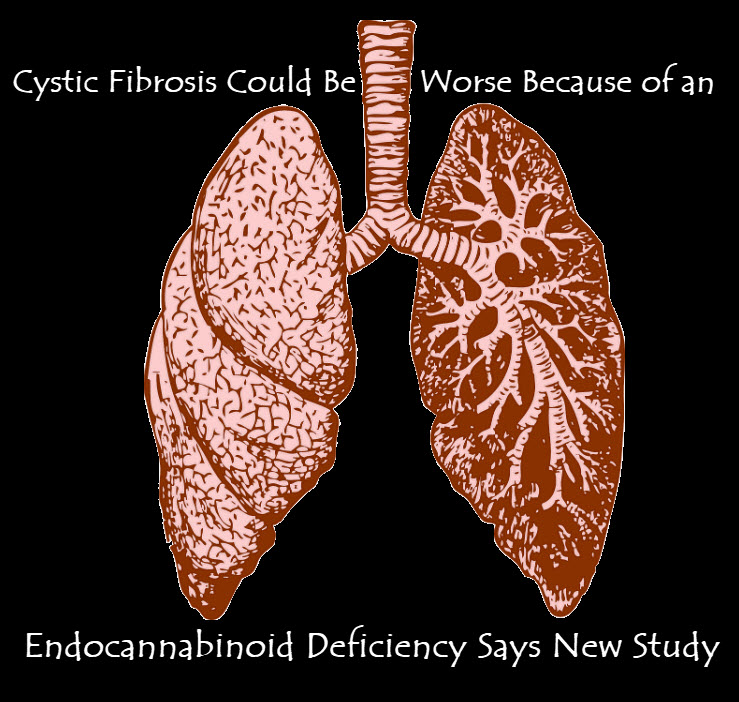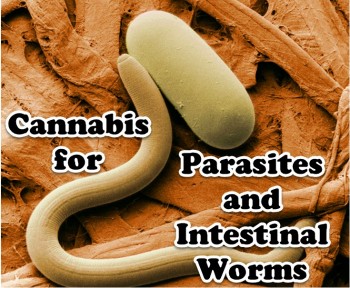Cannabis for Cystic Fibrosis
Does Cannabis Help with Cystic Fibrosis? from CannabisNet on Vimeo.
Cystic fibrosis is a hereditary condition that affect the cells responsible for producing sweat, mucus, and digestive fluid. These fluids are usually thin and are required to keep various systems in the body running properly. However, patients who are diagnosed with CF have fluids that are so thick they resemble glue. When this happens, the liquids block ducts and tubes around the body.
Eventually, mucus accumulates in the airways which makes breathing extremely difficult. Mucus attracts germs and bacteria, causing infections. Over a long period of time it can also cause severe lung damage including cysts and fibrosis. CF isn’t contagious; it’s caused by a mutation in a gene referred to as the Cystic Fibrosis Transmembrane Conductance Regulator (CFTR).
Aside from affecting the lungs, CF also affects other body parts including the pancreas, liver, small and large intestines, bladder, kidneys, reproductive organs, and others. CF is a serious condition that requires daily treatment for improvement. Treatment is aimed at addressing the primary symptoms of CF which include appetite loss, nausea, inflammation, vomiting, and pain.
Over 30,000 Americans live with CF. There are around 1,000 new cases diagnosed each year. There is no known cure for CF although symptoms can be made more manageable through treatment. Regular hospital visits and doctors’ appointments are critical for addressing healing in a holistic manner. Some common treatments prescribed for CF include antibiotics, a medicine named ivacaftor designed to reduce the amount of mucus in the body (although this medication is only compatible with 1 out of every 20 patients), steroids, and bronchodilators. Many of these are expensive and often leave patients with numerous side effects.
How Can Cannabis Help?

A 2002 study showed that cannabinoids possess great potential in reducing the symptoms of CF. The study was done by the late Esther Fride, and is the only study of its kind that has actually researched the connection on how cannabis can alleviate CF. Based on data from the World Health Organization, patients with CF have a life expectancy of around 42 to 50 which makes CF extremely devastating to the families of patients.
Based on Fride’s research, cannabis can be effective in treating the many symptoms of CF, some of which can increase mortality rates among patients. One of these is appetite, since malnutrition can actually increase the progression of the disease. Not eating enough nutritious food can increase lung pathology and the many infections in this part of the body. Cannabinoids have been proven to increase appetite and is even used by AIDS patients for the same purpose. Giving cannabis to CF patients can prevent malnutrition and increase life expectancy.
Cannabis’ antiemetic properties can also benefit CF patients. A 1998 study conducted by Raphael Mechoulam, a well-established professor in the field of cannabis medicine, revealed that THC is effective in reducing nausea caused by chemotherapy. Many CF patients suffer from vomiting which also leads to a loss in appetite. Because cannabis has antiemetic properties, it holds tremendous promise in increasing appetite among patients.
Some patients suffer from pancreatic insufficiency due to CF, resulting in loose bowel movement. Diarrhea causes important vitamins, nutrients, and minerals to leave the body, speeding up any malnutrition. Esther Fride points out that three studies done by Colombo, Tyler, and Hanus showed that cannabinoids are useful in inhibiting the intestinal motility by acting on the CB1 and CB2 receptors. Ingesting cannabis can activate these receptors and thus prevent diarrhea.
In patients with CF, lung disuse typically becomes so damaged due to aggressive inflammatory responses. Cannabis is a known for its anti-inflammatory properties, and in fact this is one of the most well-documented health benefits of the plant. There are cannabinoid receptors located in the lungs, so ingesting THC can provide therapeutic value for patients suffering from CF.
Patients with CF also suffer from pain ranging from mild to severe due, especially in the abdominal area, small intestines, chest, gall bladder, kidney stones, and other body parts. Because cannabinoids are effective analgesics, ingesting cannabis can provide great pain relief without the use of opioids.
Ingestion Methods for CF

Smoking cannabis is the most popular method of ingestion but for patients who are already dealing with respiratory conditions such as CF, other methods are more beneficial so as not to further irritate the lungs. Fride’s study didn’t mention much about ingestion methods aside from vaping and suppositories. We know today that edibles and tinctures make excellent alternatives for smoking cannabis.
Have you used cannabis to help treat CF? Share your story with us in the comments below!
OTHER STORIES YOU MAY ENJOY...
CANNABIS STRAINS FOR CYSTIC FIBROSIS, CLICK HERE.
OR..
ENDO SYSTEMS AND CYSTIC FIBROSIS, CLICK HERE
OR...
CANNABIS FOR FIBROMYALGIA, CLICK HERE.










